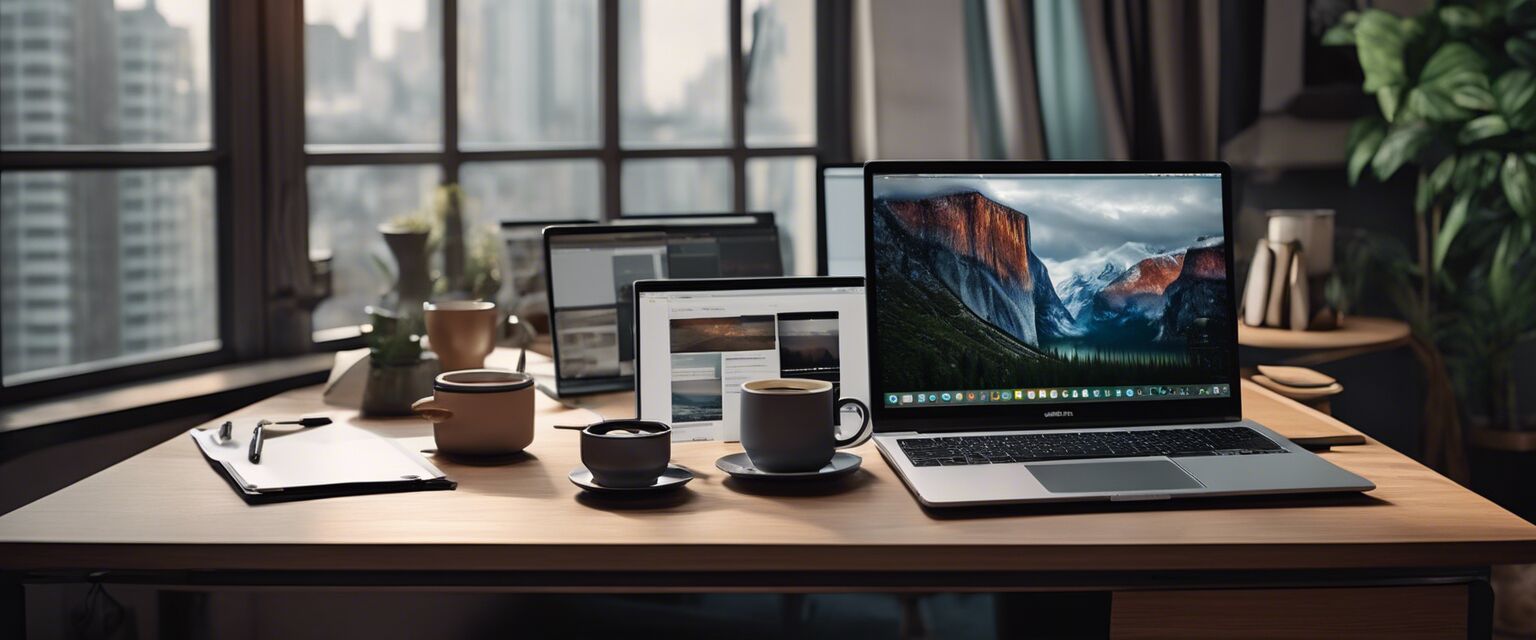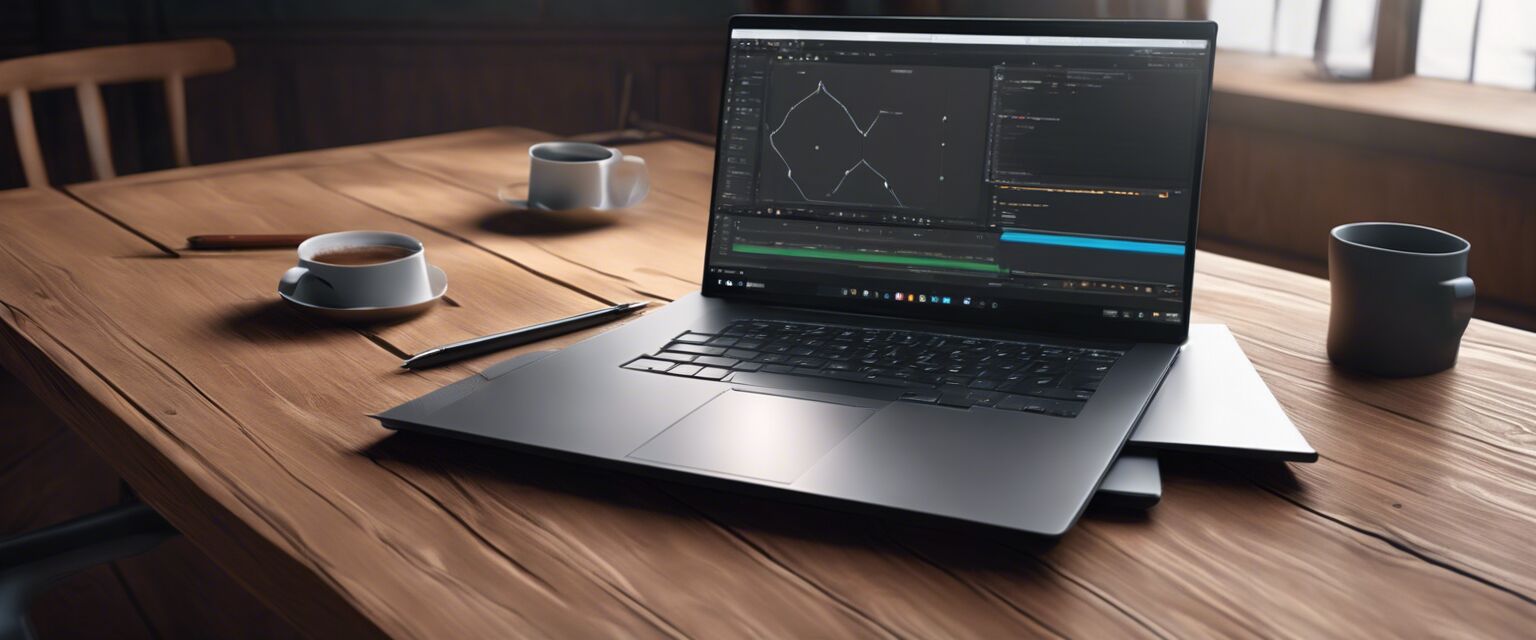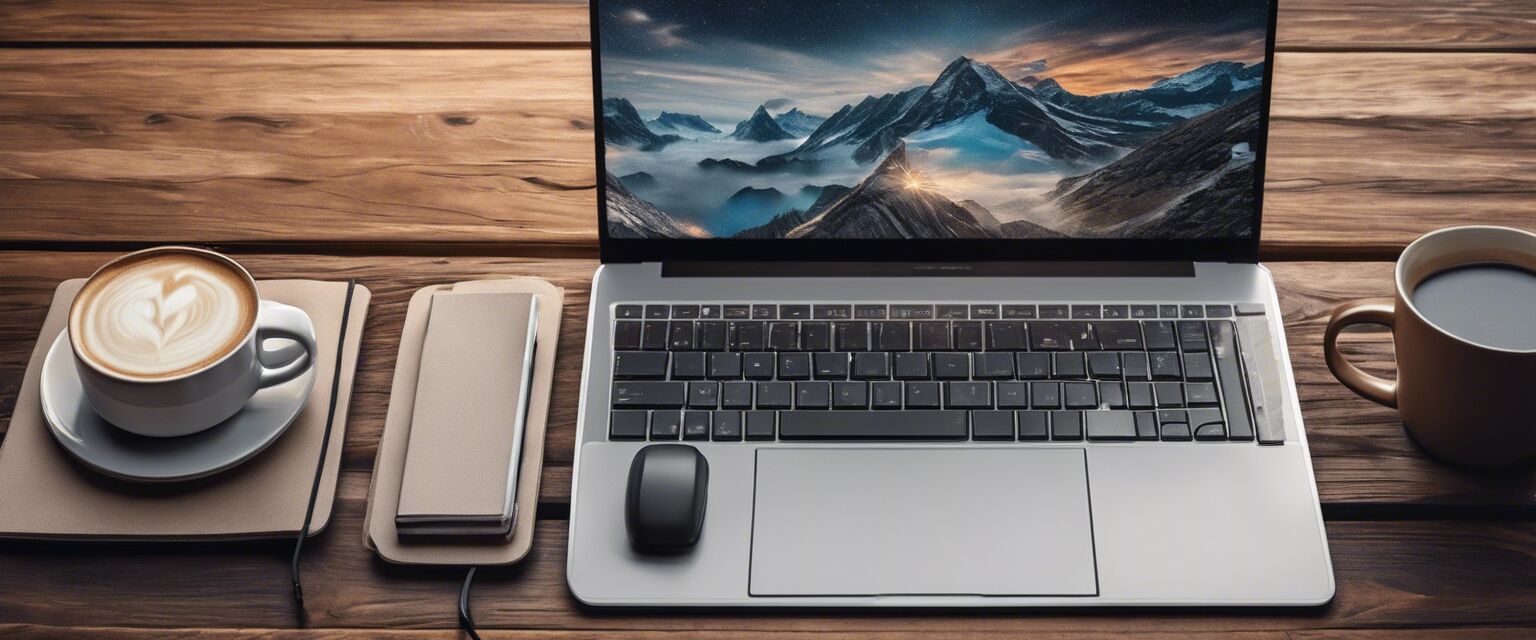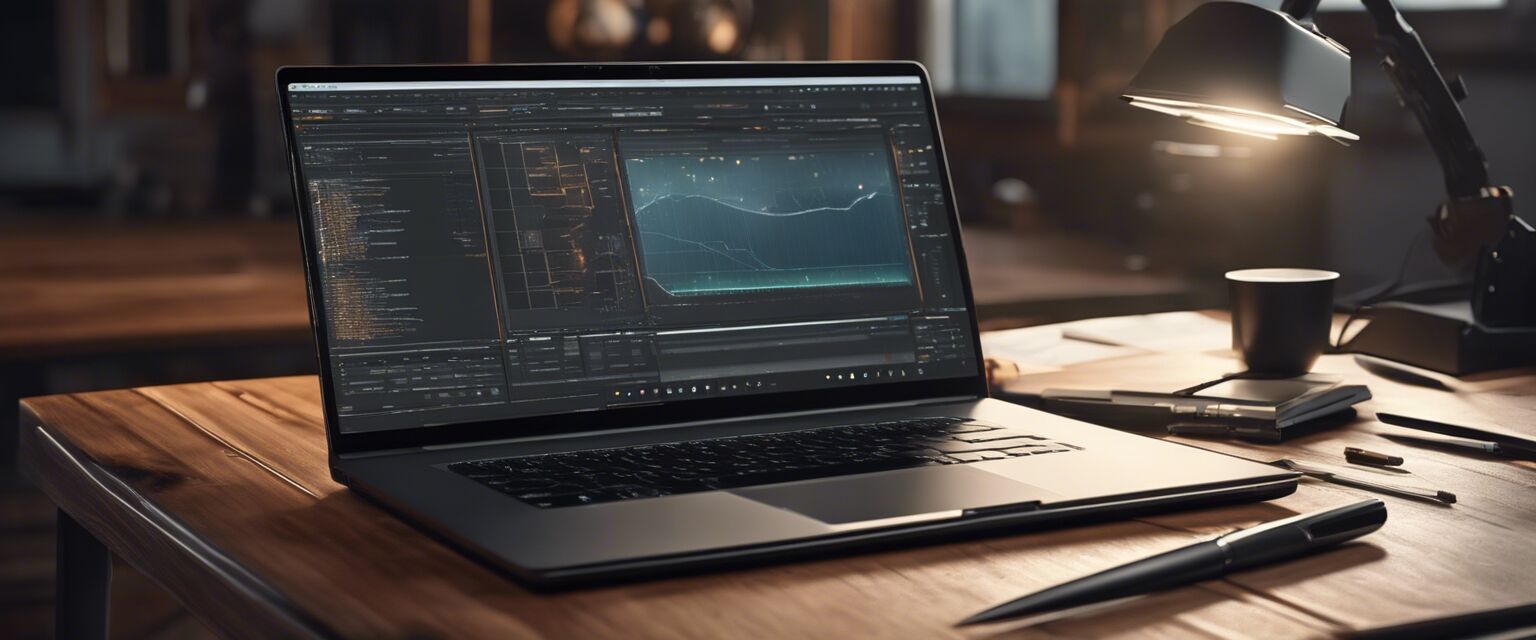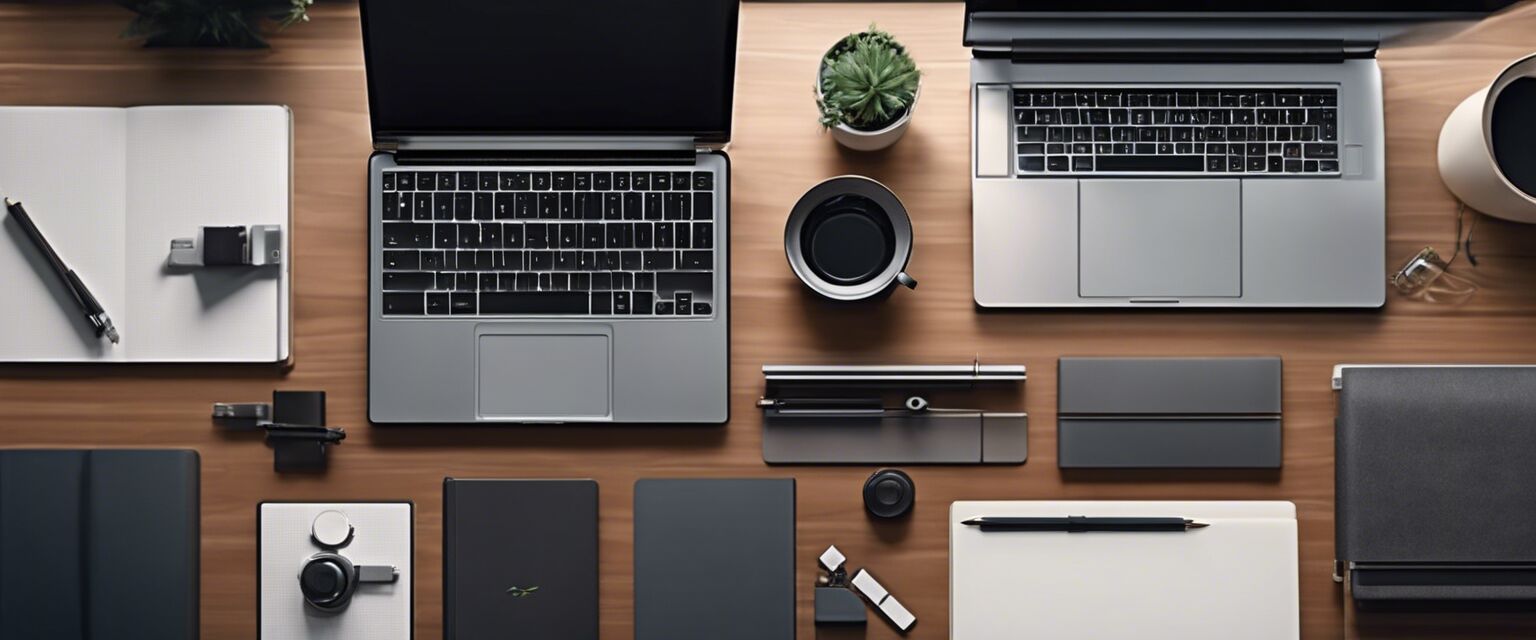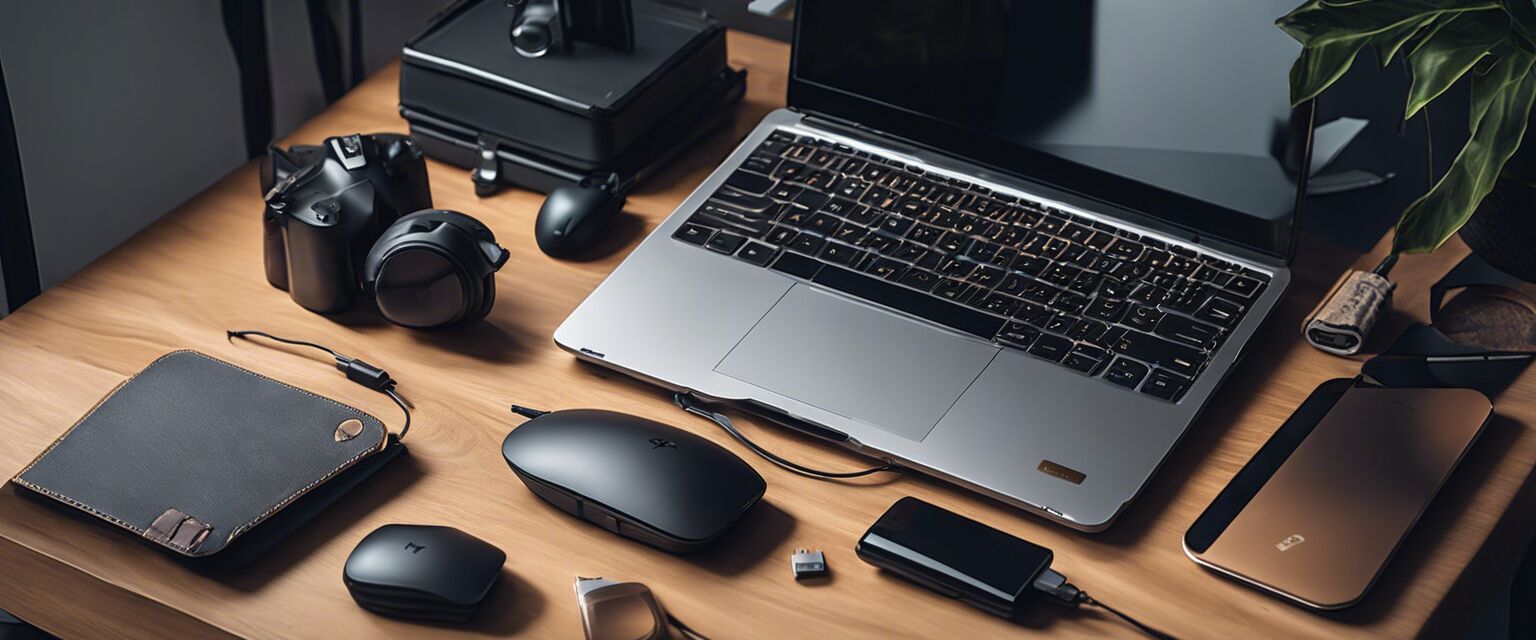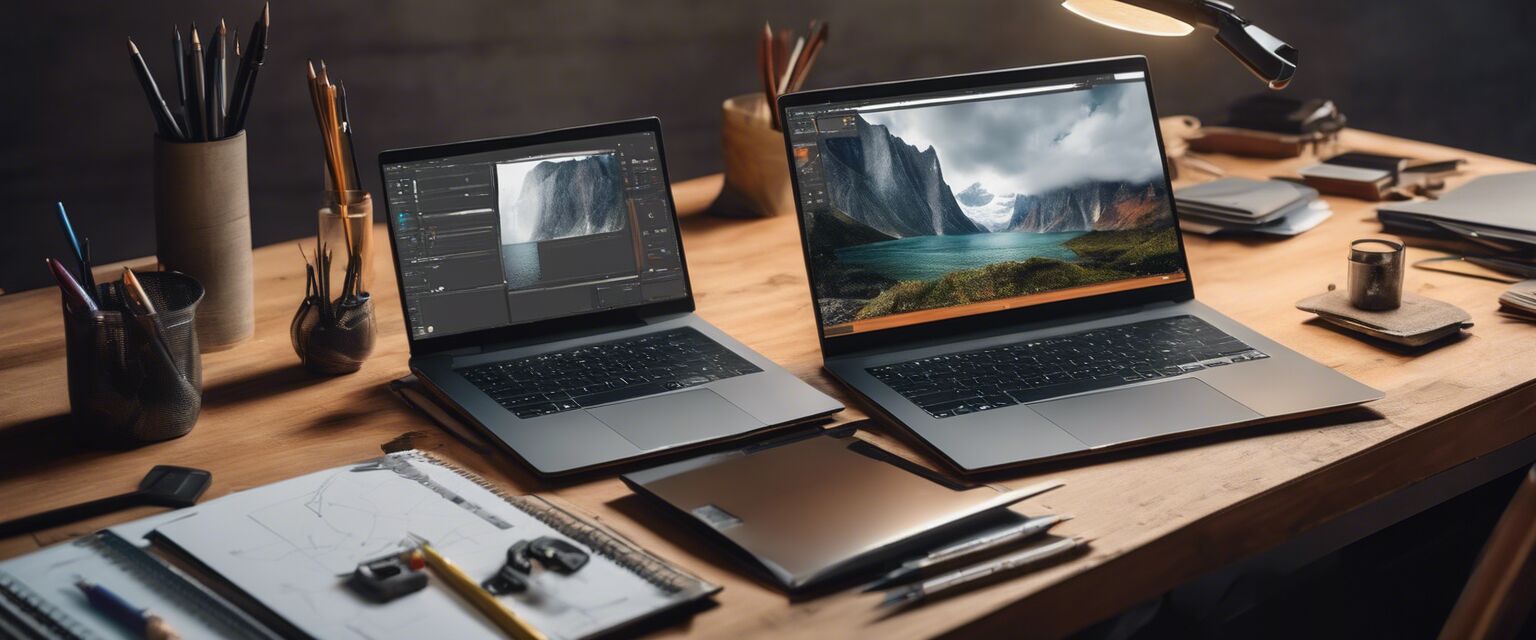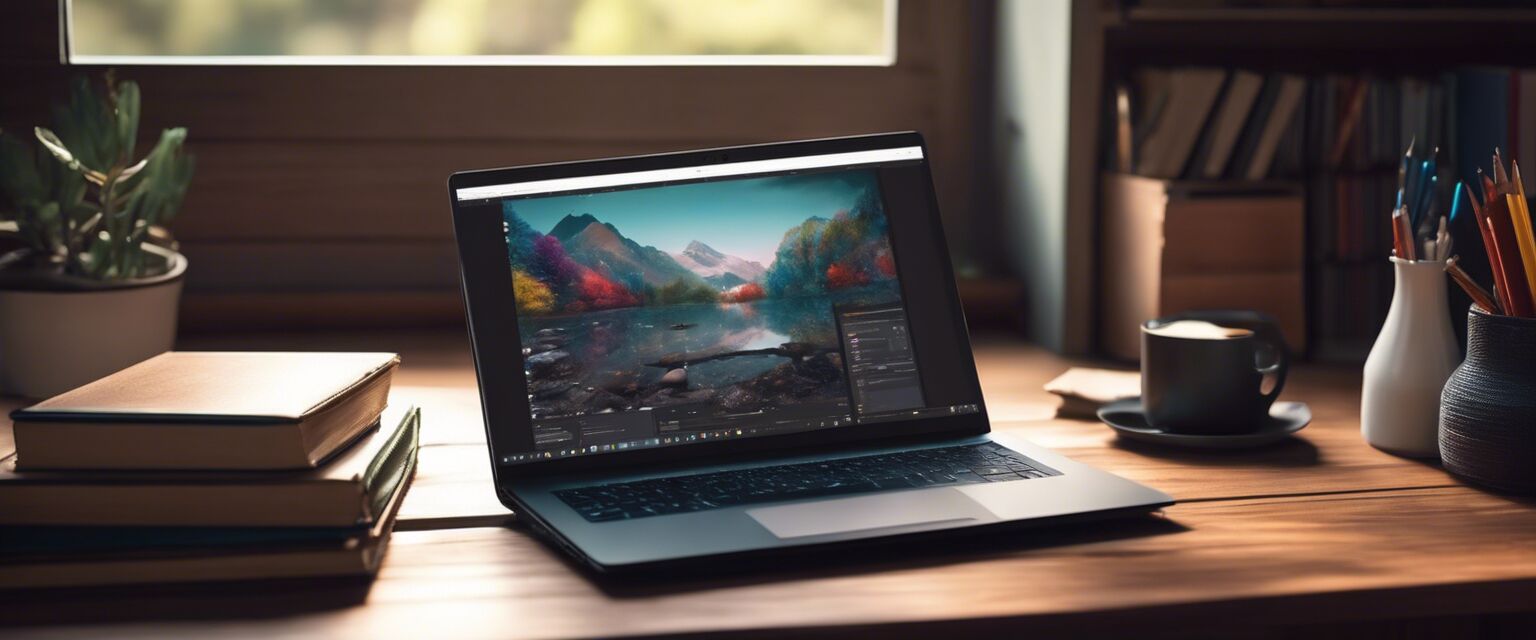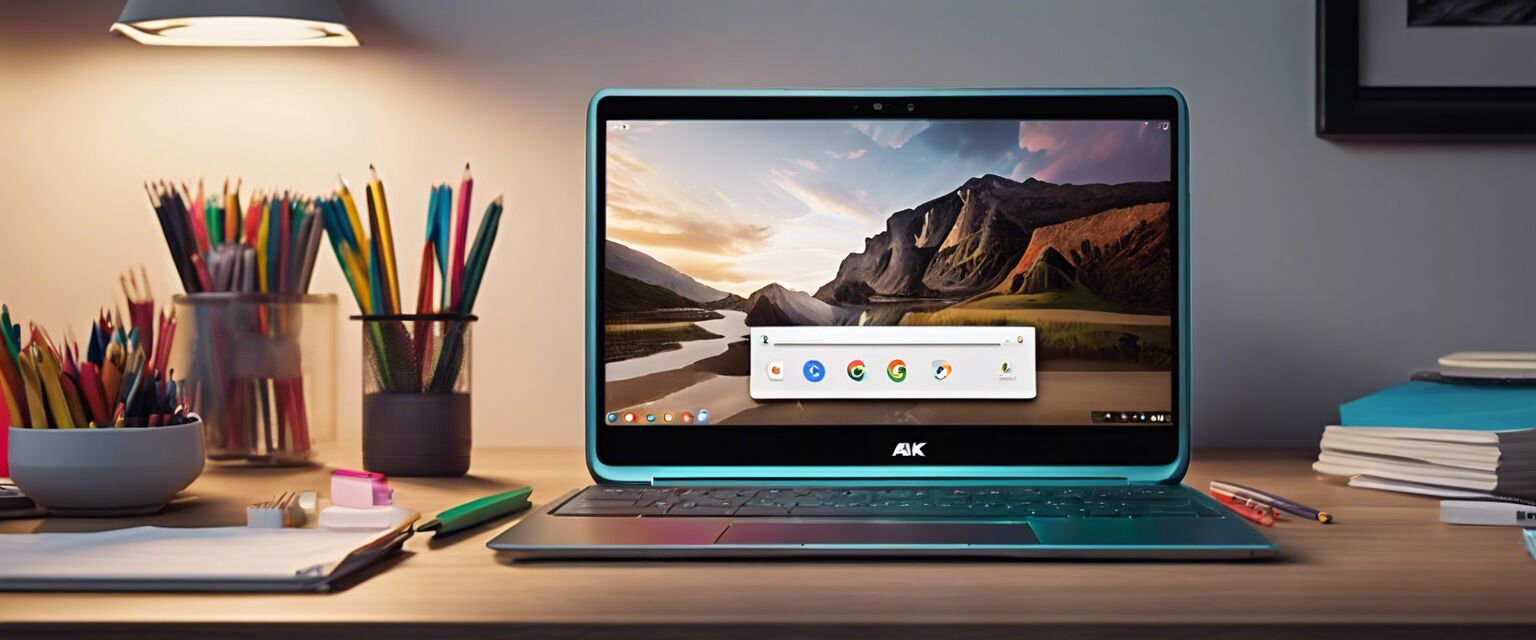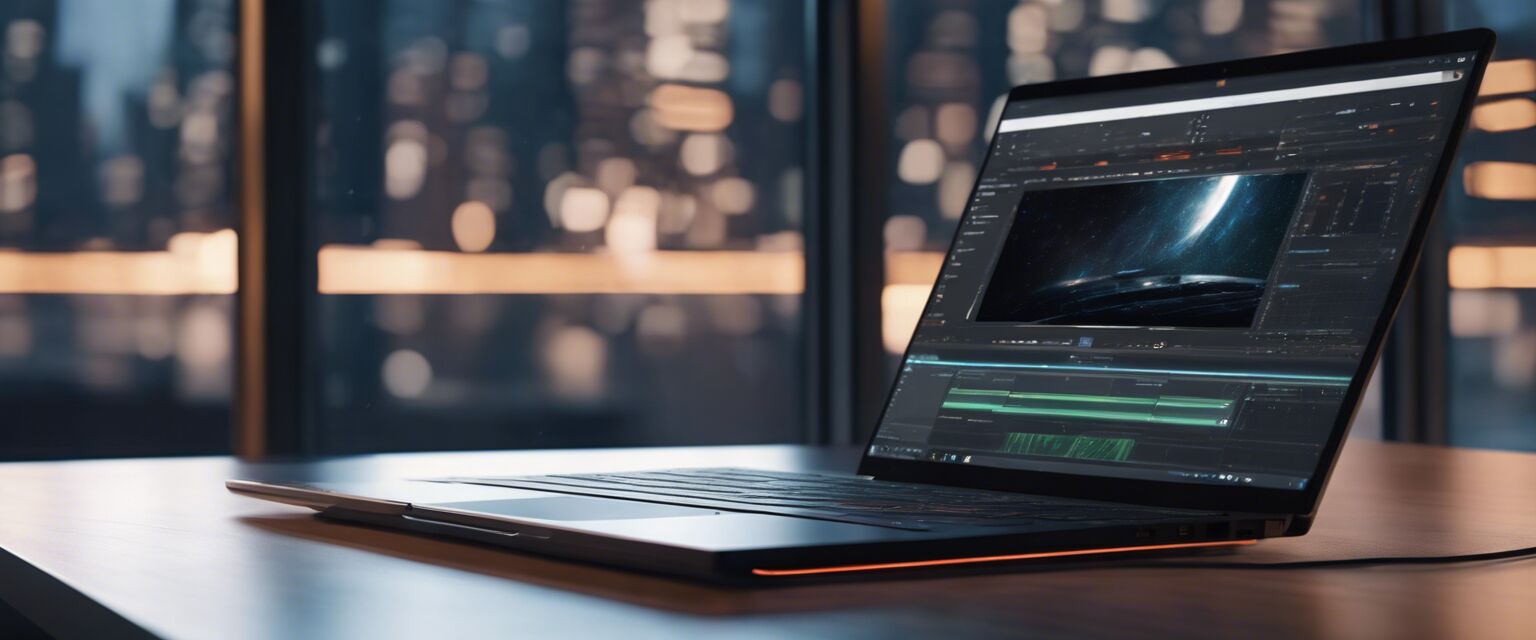
Laptop Buying Guide
Key Takeaways
- Focus on essential features such as processor, RAM, storage, and battery life.
- Consider the type of laptop that best fits your needs - 2-in-1, Chromebook, or gaming option.
- Budget is crucial; there are great options available without breaking the bank.
- Read reviews and comparisons to make an informed decision.
Buying a laptop can be overwhelming, especially for students looking for a budget-friendly option that fits their academic needs. This guide will outline essential features to consider and help you make an informed decision.
Essential features to look for in student laptops
When choosing a laptop, you need to focus on several key specifications. Here we break them down:
| Feature | Importance | Recommendation |
|---|---|---|
| Processor | Determines how fast your laptop can perform tasks. | A dual-core or quad-core processor is recommended for daily tasks. |
| RAM | Affects multitasking; more RAM allows more applications to run smoothly. | At least 8GB is ideal for most students. |
| Storage | Where your files are stored; impacts loading times. | Consider SSDs for faster load times; 256GB is a good starting point. |
| Battery Life | Important for portability; longer battery life means fewer charging breaks. | Look for 6+ hours of battery life for daily use. |
Types of laptops to consider
There are various types of laptops available, depending on your needs:
- 2-in-1 laptops - Versatile options for both tablet and laptop functions.
- Budget Chromebooks - Ideal for web-based tasks and basic applications.
- Entry-level laptops - Excellent for starters without intense processing needs.
- Gaming laptops - Best for students interested in gaming on the side.
- Mid-range laptops - Good balance between performance and cost.
- Ultrabooks - Slim and powerful, perfect for portability.
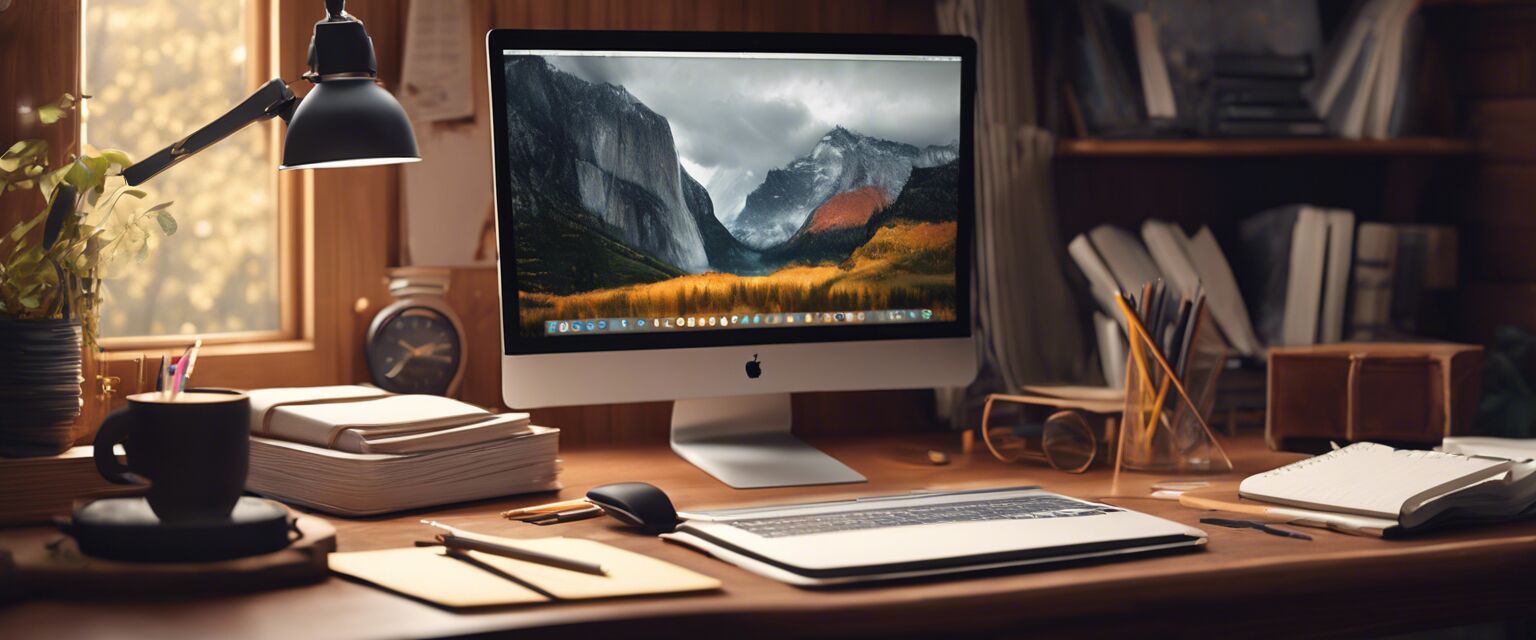
How to assess the laptop's build quality
While specifications are important, build quality should not be overlooked. Here are key aspects to evaluate:
- Material: Laptops made from aluminum typically offer better durability compared to plastic.
- Weight: Lighter laptops are preferable for students who need to carry them around.
- Keyboard and trackpad: Ensure they are comfortable for long study sessions.
- Screen: Consider the display resolution and size; higher resolutions are better for multimedia.

Tips for finding the best deals on laptops
Beginner tips for laptop shopping
- Shop during sales events like Black Friday or Back to School.
- Look for student discounts at retailers or on educational sites.
- Consider refurbished models that often come with warranties.
- Keep an eye on popular online marketplaces for deals.
- Compare prices using online price comparison tools.
Conclusion
Choosing the right laptop can significantly enhance a studentâs academic experience. By focusing on essential features and understanding the various types of laptops available, you can find a model that suits your needs and budget. Remember, features like processor speed, RAM, storage, and battery life are pivotal in ensuring a smooth experience. Happy shopping!
Pros
- Increased productivity for students.
- Portable and convenient for studying anywhere.
- Wide range of options available for all budgets.
Cons
- Can be overwhelming to choose from many options.
- Price fluctuations make it hard to find a good deal.
- Some models have limited upgrade options.
